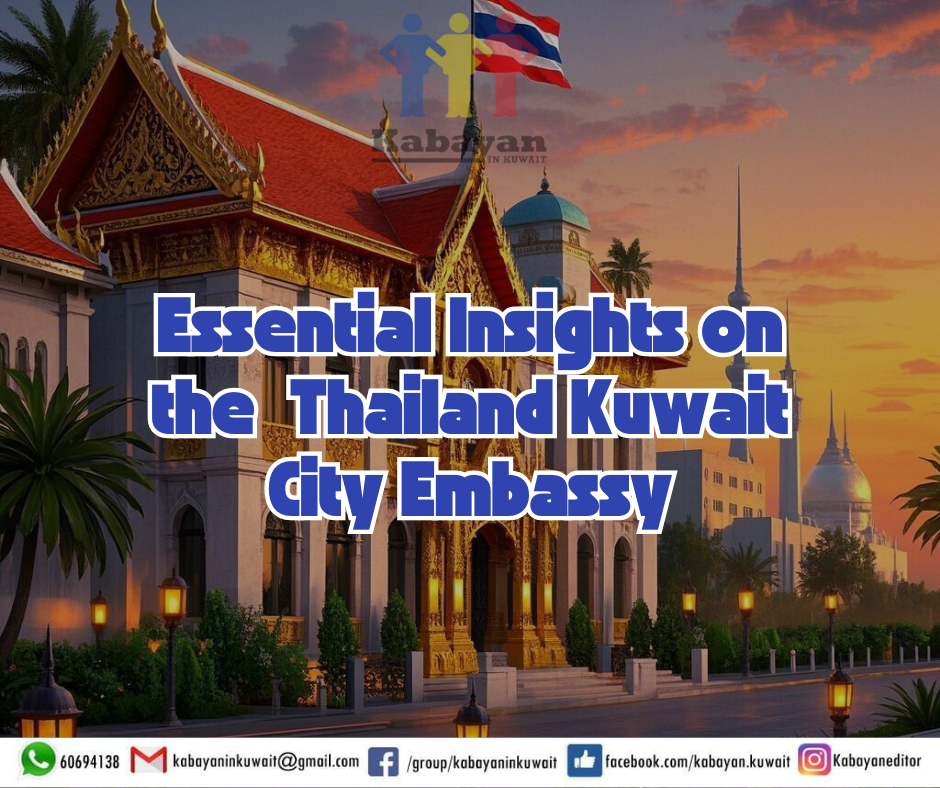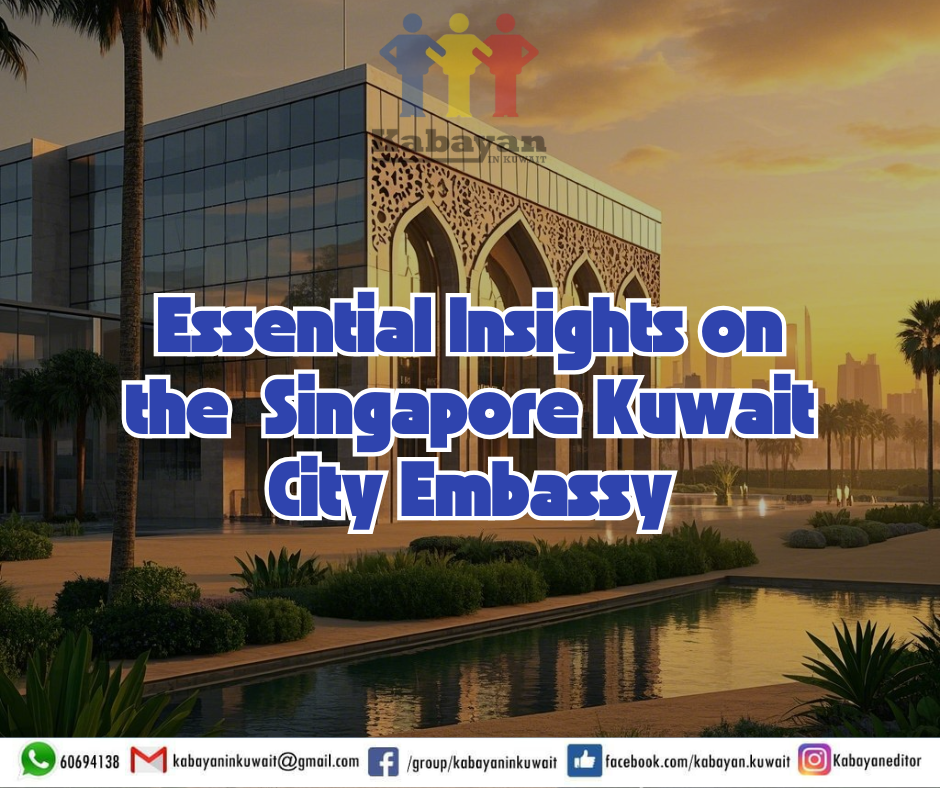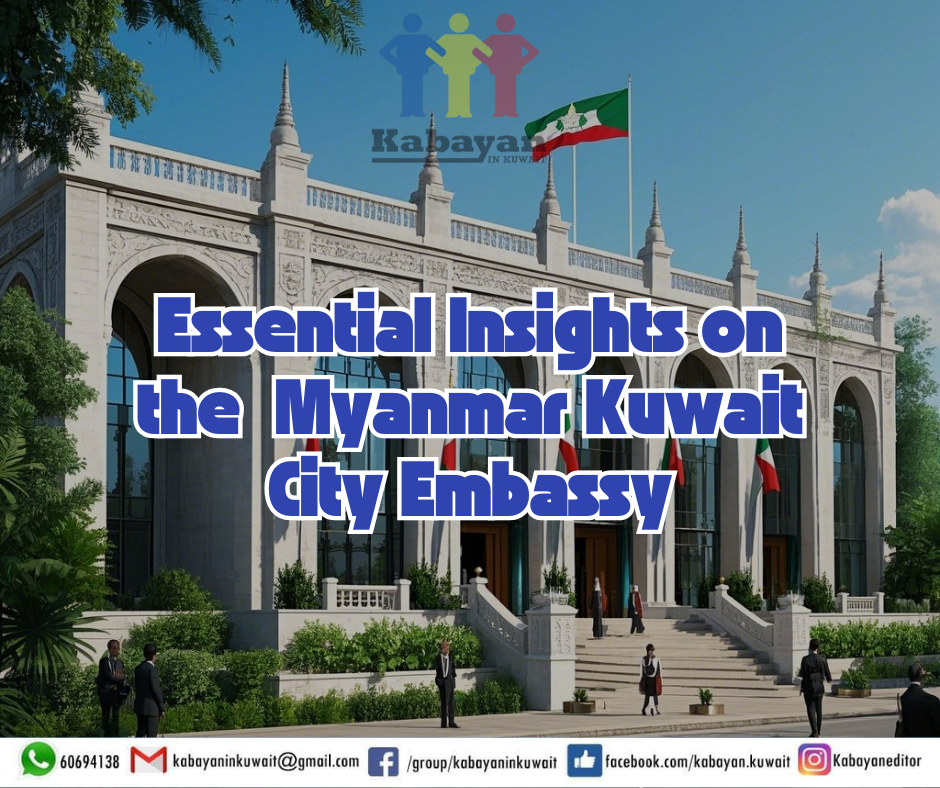Mastering Cultural Integration: Essential Tips for OFWs Thriving in Kuwait

Working overseas can be a daunting experience, especially for first-time overseas Filipino workers (OFWs) who may lack comprehensive knowledge and understanding of the country they will be residing in. This is particularly true for those headed to Kuwait, a nation located in the Middle East, known for its rich cultural heritage and deeply rooted Islamic traditions. Kuwait is predominantly Muslim, and its citizens adhere to a wide array of religious customs and social norms that expatriates must understand and respect to avoid misunderstandings or conflicts.
Understanding Kuwait and Its Culture
Kuwait, situated in the northeastern part of the Arabian Peninsula, is a small but wealthy country with a significant expatriate population. The country’s culture is heavily influenced by Islamic traditions, and practicing Muslims in Kuwait observe a strict set of religious and social customs. For first-time OFWs, gaining insight into these traditions is essential to integrate smoothly and show respect to their hosts.
Traffic Laws in Kuwait
One of the first challenges expatriates might encounter in Kuwait is its strict traffic laws. Violating these laws can lead to severe consequences, including hefty fines and jail time. Therefore, it is crucial to adhere to all traffic regulations. When driving, ensure that you put away your mobile phone, observe all traffic signals, and drive carefully to avoid accidents. Settling traffic disputes can be time-consuming and stressful, so it is best to drive cautiously and responsibly. Passengers should also be aware of these laws to avoid any potential delays.
Respecting Islamic Customs and Traditions
As an Islamic nation, Kuwaitis deeply respect their religious traditions, which permeate daily life. To avoid any disputes or misunderstandings, expatriates should observe the following guidelines:
- Dress Modestly: Ensure that your attire is conservative and respectful of local customs. Avoid wearing revealing or tight-fitting clothes.
- Avoid Vulgarities and Blasphemous Statements: Refrain from making any offensive remarks about Islam or engaging in behavior that might be considered disrespectful.
- No Public Displays of Affection: Avoid showing affection towards the opposite sex in public, such as kissing or holding hands.
- Respect Prayer Practices: Do not tread on prayer mats or walk in front of someone who is praying. Understand the importance of prayer times and show respect.
- Avoid Pork and Alcohol: Never offer pork or alcohol to a Muslim, as these are prohibited in Islam.
- Observe Ramadan Etiquette: During the holy month of Ramadan, refrain from eating or drinking in public during daylight hours.
Kuwaiti Etiquette and Social Norms
When interacting with Kuwaitis, it is important to observe their social etiquette. Address individuals by their full name unless instructed otherwise and use appropriate titles such as “sheikh” for dignitaries or nobility. Familiarize yourself with common greetings, such as “As-salamu alaykum” (Peace be upon you) and the response “Wa ‘alaykum al-salaam” (And peace unto you). Men should shake hands when greeting other men, but they should not attempt to shake hands with women unless the woman extends her hand first.
Interactions Between Men and Women
Islamic doctrine, as outlined in the Qur’an, prohibits men from touching women who are not related to them. This rule is particularly important to observe in Kuwait. There are separate transportation cabins for men and women, and men are forbidden from staring at women, especially those wearing traditional Islamic dress like the abaya or burqa. In situations where a female Muslim is inside an elevator and a man enters, the woman should exit to maintain propriety. These small acts of respect are crucial in avoiding any appearance of rudeness.
Participating in Diwaniya
Diwaniyas are traditional male-only gatherings where socio-political discussions take place. These events are often attended by influential members of society, including politicians during election periods. If invited to a Diwaniya, seize the opportunity to make a good impression and establish valuable business connections. Diwaniyas serve as a vital social and informational hub in Kuwait, playing a key role in the country’s socio-political life.
Conclusion
Kuwait, like many countries in the Middle East, is deeply connected to its cultural and religious heritage. For expatriates, particularly first-time OFWs, understanding and respecting these traditions is essential for a successful and harmonious stay. By observing local customs, adhering to traffic laws, and engaging in social practices with respect and decorum, expatriates can navigate their new environment smoothly and build positive relationships with their Kuwaiti hosts. Embracing these values not only helps in professional and social integration but also enriches the expatriate experience with a deeper appreciation of Kuwait’s rich cultural tapestry.
To read more content like this: Click Here
If you want to read more about Kuwait’s Culture: Click Here






